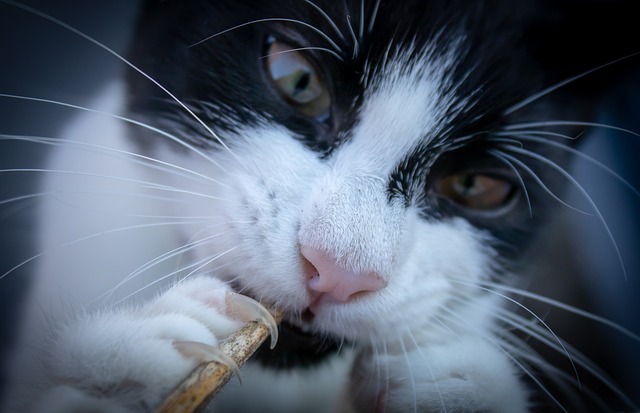Understanding Fading Syndrome (Neonatal Mortality) in Kittens
Neonatal mortality, commonly known as fading syndrome, refers to the unfortunate death of kittens at an early age, usually within the first two weeks of life. Kittens are vulnerable during this period due to immature organ systems, making them susceptible to various factors such as infections, environmental conditions, and nutritional challenges. Neonatal mortality is more prevalent in pedigree kittens, known for their delicate nature.
Symptoms:
- Weakness or lethargy
- Low birth weight
- Failure to gain weight
- Decreased activity
- Poor appetite
- Constant vocalizations followed by restlessness, later transitioning to inactivity
- Straying away from litter-mates
- Diarrhea
- Low body temperature
Causes:
Queen (Mother)-Related:
- Difficult or prolonged labor
- Milk letdown issues
- Injury
- Inadequate nutrition
Environmental:
- Extreme temperatures and humidity
- Poor sanitation
Kitten-Related:
- Congenital defects
- Infections
Diagnosis:
- History: Provide a thorough history of the kitten’s health and parentage.
- Physical Examination: A complete physical examination by a veterinarian.
- Laboratory Tests: Include a complete blood count (CBC), biochemistry profile, and urinalysis.
- Blood Testing: May reveal anemia, changes in leukocyte counts, and low platelet levels.
- Biochemistry Profile: Can indicate low glucose levels and other organ-related changes.
- Urinalysis: Detects hemoglobin in urine and indicates urinary tract infection.
- Fecal Examination: Tests for the presence of parasites.
Treatment:
- Temperature Adjustment: Slow warming to normal body temperature if presenting with low body temperature.
- Oxygen Supplementation: Administered if required.
- Intravenous Fluid Therapy: Initiated to correct fluid deficits.
- Glucose Correction: Fluid therapy with glucose if hypoglycemia is present.
- Feeding: Encouraged once body temperature is normalized and suckling reflex returns.
- Antibiotic Therapy: Started if bacterial infection is suspected.
Living and Management:
- Hydration Monitoring: Check urine color and mouth dryness daily.
- Weight Monitoring: Daily weight checks.
- Queen’s Nursing: Ensure the mother is properly nursing the kittens.
- Home Care: Follow all guidelines for proper medication and feeding.
- Medication Adherence: Stick to exact prescribed dosages and timings.
- Nutrition: Provide extra care due to delicate requirements.
Caution:
Do not attempt to feed the kitten at home if it’s not sucking properly. Monitor hydration, weight, and follow veterinary advice closely. Any changes in medication or dosage should be discussed with the veterinarian. Neonatal kittens require meticulous care, and adherence to prescribed guidelines is crucial for their recovery.
Remember, even minor deviations in treatment or care can impact the fragile health of neonatal kittens. Your dedication to following professional advice and providing attentive care significantly contributes to their chances of recovery.



